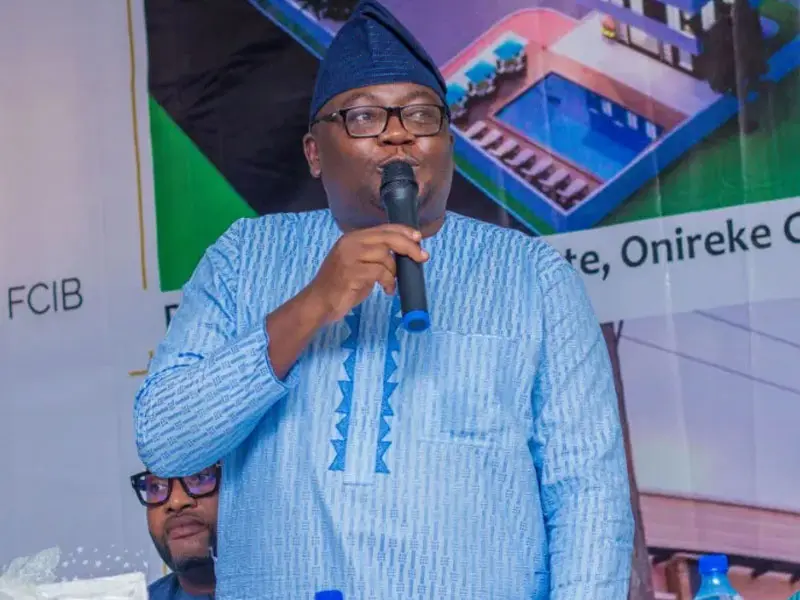On Friday, May 24, the Minister of Power, Adebayo Adelabu, announced that the current electricity tariffs will be reduced over time.
Speaking during the presentation of his ministerial scorecard in Abuja, Adelabu acknowledged that while tariffs seem high now, they will eventually decrease, similar to how telecoms and handset prices dropped after their introduction to Nigeria.
“It might look expensive at the moment, but I am optimistic that these tariffs will go down. We know how much we were buying SIM cards when telecoms first came. We know how much we were buying the telephone sets but gradually as it scales off, generation, transmission, and distribution, these prices will also go down. So, it is a temporary hardship and it will lead to permanent gain,” said Adelabu.
The minister noted improvements in the responsiveness of electricity Distribution Companies, attributing this to enhanced oversight by the Nigerian Electricity Regulatory Commission (NERC). He highlighted the Nigerian Electricity Supply Industry’s (NESI) milestone of guaranteeing a minimum of 20 hours of supply per day for band A customers.
“For the first time in Nigeria, we have what we call guaranteed service level. It might be for band A today but no government has ever guaranteed 20 hours of supply, not to even 1% of consumers. But to 15% of consumers, we said, let us start from here and we have guaranteed service level for band A customers with the introduction of cost-reflective tariffs to that band, including liquidity conditions suitable for driving investment,” Adelabu explained.
Adelabu also discussed the sector’s recent investments, citing contributions from the World Bank and the Nigerian Sovereign Investment Authority (NSIA).
He attributed this progress to the Electricity Act 2023 and the reforms implemented by President Bola Ahmed Tinubu, which made the sector more attractive to investors.
“We have been able to attract investment into the sector because before now nobody was ready to touch this sector because the tariff policy was not inspiring, the debt overhang was too much. Nobody wants to bring capital, even bankers don’t want to lend anybody money. But now that is a thing of the past,” he stated.
The Minister detailed the upcoming procurement of 1.5 million meters funded by the World Bank, aimed at improving sector liquidity and reducing estimated billing.
He also mentioned a presidential initiative to deploy 10 million meters over the next five years to bridge the metering gap.
“In the next five years, 10 million meters will be procured. And we have started doing that. We just completed the bidding process for 1.5 million meters financed by the World Bank to improve sector liquidity and reduce estimated billing,” Adelabu said.
Addressing the issue of debts owed by Ministry Departments and Agencies (MDAs) to DisCos, Adelabu announced a centralized approach through the Nigerian Electricity Liability Management Company (NELMCO) to settle these debts.
“We are putting all these debts together and transferring them to NELMCO so that NELMCO will go into negotiation with all the DisCos and they will agree on modalities or a final settlement of these legacy debts,” he explained.
Adelabu also highlighted a World Bank project to procure the Supervisory Control and Data Acquisition (SCADA) system by 2025, ensuring comprehensive monitoring of the national grid to prevent collapses.
The minister concluded by expressing confidence in the sector’s progress and commitment to a resilient and efficient electricity system for all Nigerians.



